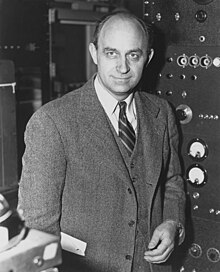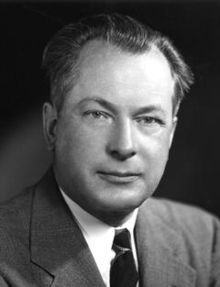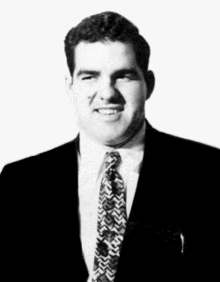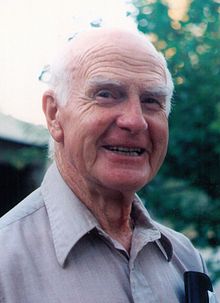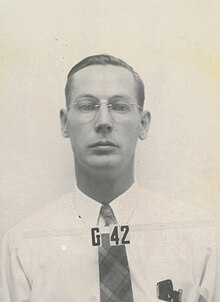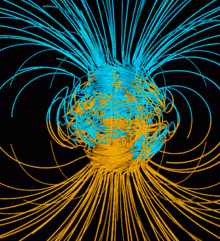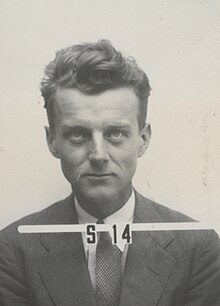Image 7Dr. Mujaddid Ahmed Ijaz in 1987
,
Ph.D. (
Urdu:
مجدد احمد اعجا ز; June 12, 1937 – July 9, 1992), was a Pakistani-American
experimental physicist noted for his role in discovering new
isotopes that expanded the neutron-deficient side of the
atomic chart. Some of the isotopes he discovered enabled significant advances in medical research, particularly in the treatment of cancer, and further advanced the experimental understanding of nuclear structures. Ijaz conducted his research work at
Oak Ridge National Laboratories (ORNL). He and his ORNL colleagues published more than 60 papers in physics journals announcing isotope discoveries and other results of their accelerator experiments from 1968 until 1983.
Ijaz participated in the U.S.
Atoms for Peace initiative during the 1970s. The program provided a number of third-world countries, including Pakistan, with civilian nuclear reactor technology to develop energy for peaceful purposes. As a tenured professor of physics at
Virginia Tech, he acted as thesis adviser to graduate students from around the world in experimental physics disciplines. Ijaz made extensive trips abroad during his career, including sabbaticals as a visiting professor at Saudi Arabia's
King Fahd University of Petroleum and Minerals. in the early 1980s and as a visiting faculty member at the
Abdus Salam International Centre for Theoretical Physics in Trieste, Italy in 1985. He retired
Professor Emeritus of Physics from Virginia Tech in December 1991 after a 27-year career in teaching and research. Ijaz and his wife emigrated to the United States and settled in Virginia, where they had five children. He died in 1992 after a battle with cancer. (
Full article...)



